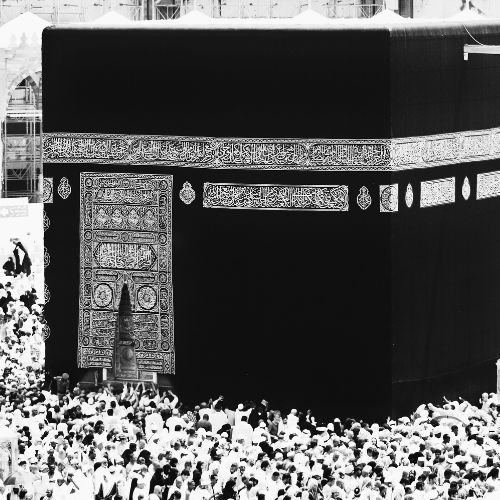Qusai bin Kilab was a prominent figure in Makkah, holding several key positions of leadership and authority within the Quraysh tribe. He established a system of governance and order that would later influence the Quraysh's role in Arabian society. Qusai’s eldest son, Abdul Dar, was initially his chosen successor. However, it was his second son, Abdul Manaf, who gained prominence and respect among the people during Qusai's lifetime due to his extraordinary qualities.

In an effort to maintain balance, Qusai addressed Abdul Dar, saying:
Although your brother has surpassed you in honor and influence, I will ensure you are held in equal regard.
True to his word, Qusai entrusted all his titles and responsibilities to Abdul Dar. These included:
The Dar al-Nadwah (assembly house),
The guardianship (Hijabah) of the Kaaba,
The Liwa (standard-bearer of the Quraysh),
The provision of water to pilgrims (Siqayah),
And the management of offerings and hospitality for pilgrims (Rafadah).
Since Qusai commanded unparalleled respect, his decisions were unchallenged during his life and were upheld after his death. However, conflicts arose in subsequent generations.
Dispute Among Descendants
After the death of Abdul Manaf, his sons disputed these positions with their cousins, the descendants of Abdul Dar. The Quraysh tribe split into two factions, almost reaching the brink of war. Fortunately, peace prevailed, and the responsibilities were divided:
The duties of Siqayah (provision of water) and Rafadah (hospitality) were assigned to the descendants of Abdul Manaf.
Leadership of the Dar al-Nadwah and the Hijabah (guardianship of the Kaaba) remained with the descendants of Abdul Dar.
The sons of Abdul Manaf then cast lots to distribute their responsibilities. The responsibilities of Siqayah and Rafadah fell to Hashim bin Abdul Manaf, who diligently fulfilled these duties until his death.

Thank you for following our account.
Downvoting a post can decrease pending rewards and make it less visible. Common reasons:
Submit